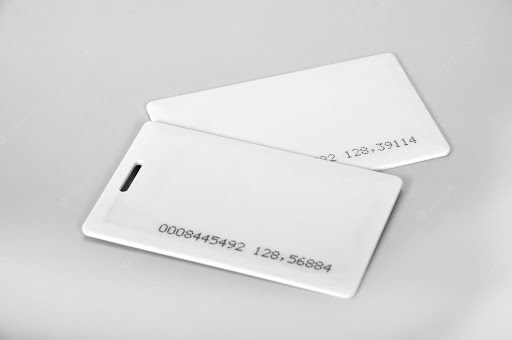You probably know that an RFID card, or radio-frequency identification card, is a pre-programmed ID card with a built-in radio antenna. It can be used for access control and other purposes, such as keeping track of inventory or lab specimens. How do you know if you need custom RFID cards? If your organization has special needs or wants to use them in a way that’s different from most other businesses, then yes, you should consider getting custom cards made.
Catering to the special needs of your company doesn’t mean you have to settle for anything less than perfect when it comes to your RFID cards. You need a trusted custom RFID card supplier that can meet all of your criteria for quality and price before signing any contracts. Here are some tips on how to pick the best supplier.
Ask for Samples and Estimates
You can test a supplier’s quality and estimate of your costs by asking for samples of different card types and thicknesses. If they’re not willing to provide samples, that could be a red flag. If they’re willing but you have trouble getting samples in a timely manner, that could be another red flag. Estimates are another way to test a supplier’s readiness for the job. It’s helpful to provide the supplier with as much information as possible about your project, from the number of cards required to the kind of data you want on the cards. That way, you can see how closely the estimate conforms to your needs. You also want to make sure that the supplier can make your cards in a timely manner. The last thing you want is for your project to be delayed because it takes longer than expected to get the cards.
Check Reputation and References
The best way to check a supplier’s reputation is by references. It’s best to ask for references from a few different types of customers, such as other businesses that you know and individuals who buy RFID cards. You can also check the supplier’s online reviews and ratings. If they have a website, you can often find reviews there. There are also resources like the Better Business Bureau where you can find information about a supplier’s reputation. Be aware that many online review sites have been affected by fake reviews, so you may have to dig a bit to find trustworthy information.
Ask About Card Durability
How long do you want your cards to last? This is important because not all materials can stand up to the wear and tear of everyday use for the length of time you need them. You can ask about the supplier’s durability guarantee if you’re concerned about this. You may also want to ask for samples of different materials so you can test them yourself. If you’re giving your employees ID cards, you may want to consider durability in terms of how easy the cards are to wear out. You don’t want employees to be replacing cards every few months because they’re wearing out more quickly than they should. You may have durability questions specific to your industry. For example, if you’re using the cards to keep track of inventory, you may want to know what the supplier recommends for an outdoor environment.
Decide on a Card Type
Before you decide on a card type, you need to first decide what you want your RFID cards to do. Are you using them for access control or inventory tracking? Maybe you want to use the cards for tracking lab specimens or employee hours. The type of card that is best for you will depend on a few different factors, such as your industry and what you are using the card for. There are three types of cards that you may wish to consider – laminated cards, synthetic cards, and PVC cards. What is your budget? What are your specific needs? What are other organizations using?
Get the Final Quote in Writing
To make sure all of your expectations are met, ask for a written quote before you sign a contract. You can also request a written contract, though that isn’t required in every state. Be sure to include all of the following details in your written request. – The number of cards needed. – Materials. Are they indoors-only, outdoors-capable, or meant for lab use? What are the durability specs? – What data is needed on the cards. – Design requirements, such as colour or other aesthetics. – Delivery and payment terms. – A clear description of the project, including any special instructions or circumstances.
Wrapping Up
An RFID card can help you keep track of inventory or monitor who is coming and going on your premises. But you don’t want just any RFID cards. You want custom RFID cards that fit your special requirements. If you want to make sure you get exactly what you want, you have to be picky when choosing a supplier. It’s best to ask for samples, estimates, and references before you commit to a supplier. And don’t forget to get the final quote in writing. Now that you’ve read through this article, you should have a better idea of how to choose a custom RFID card supplier. Follow these tips, and you’re sure to find the right supplier for your needs.

















































